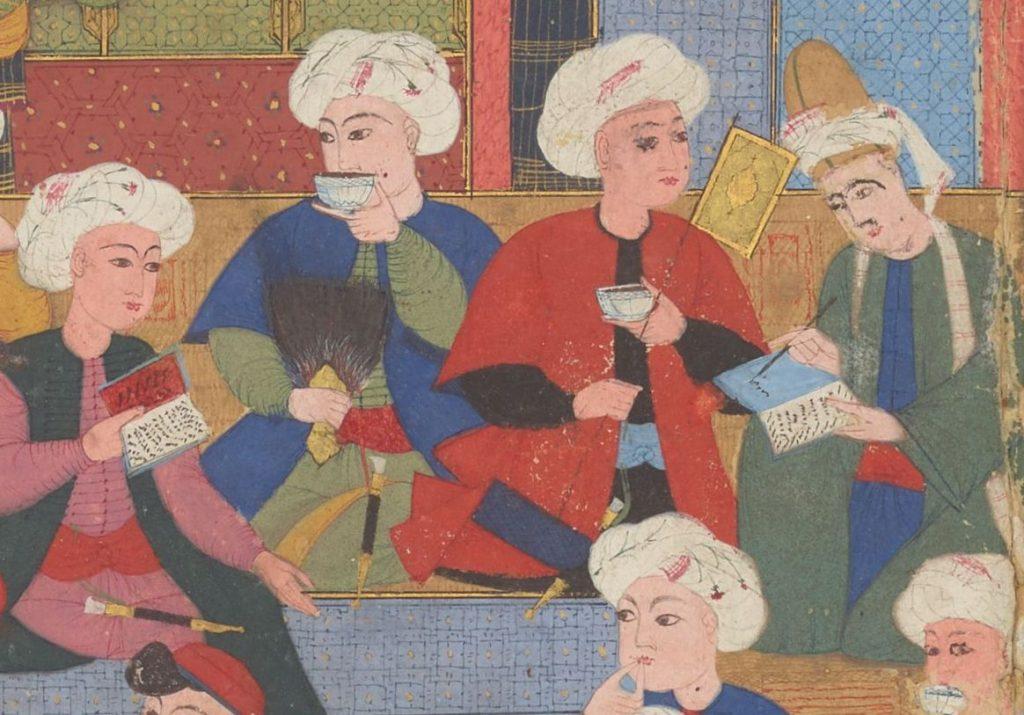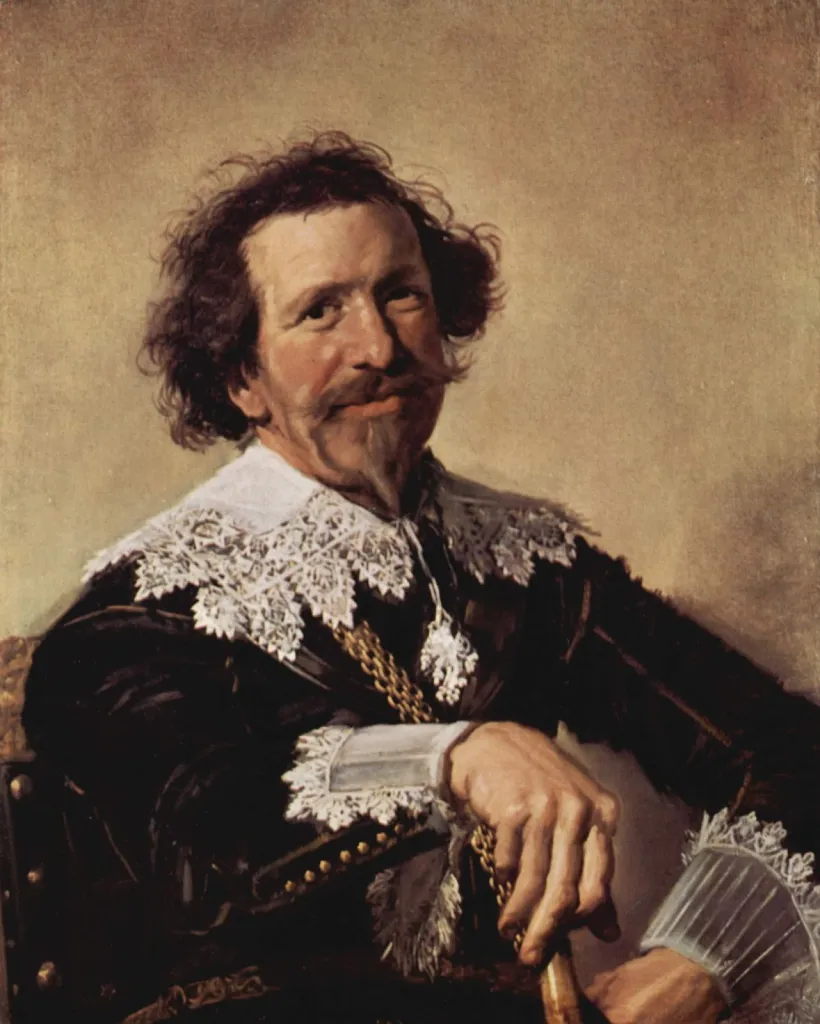From its unique customs and rituals to its influence on the global coffee industry, Turkish coffee has a story that is as captivating as its taste.
The roots of Turkish coffee can be traced back to the 15th century when the Ottoman Empire dominated the Middle East and took control of crucial trade routes of the Silk Road.
Upon encountering coffee beans in Yemen, the Turks innovated coffee’s first roasting and brewing method which involved grinding the beans into a fine powder and boiling them in a small copper pot called a “cezve.” This resulted in a strong, flavorful brew with a thick layer of foam on top.

It was not long before coffee became a popular drink in the upper circles around the Sultan’s palace which eventually led to the widespread consumption of this unique taste throughout the empire.
The world’s first known cafe soon opened in the Ottoman capital Constantinople, present-day Istanbul, in 1555. Soon, cafes mushroomed around the city, becoming a popular gathering place for socializing, discussion, and debate.

In the 17th century, Turkish coffee began its global expansion as the Ottoman Empire facilitated the first trade of coffee from Yemen to Europe through the Mediterranean trade routes, particularly to Venice. Soon different variations of coffee brewing started emerging.
However, the Ottoman Empire held a monopoly on its production and prohibited the export of coffee plants and unroasted beans to protect its coffee trade.
One famous story from this era involves the Dutch merchant, Pieter van der Broecke, who upon traveling to The Middle East in the 17th century became fascinated by Turkish coffee’s rich taste, consumption, and potential in Europe.

It was not long before he risked his life by smuggling coffee plants from the Ottoman-controlled port of Mocha in Yemen, to Amsterdam. This daring move eventually led to the establishment of the first coffee-bean plantation outside of the Middle East.
Today, Turkish coffee remains a significant aspect of contemporary Turkish culture, deeply embedded in society, and a crucial component of various social and cultural gatherings, including the popular practice of coffee fortune-telling.
In 2013, UNESCO recognized the cultural and social significance of Turkish coffee by declaring it an ‘Intangible Cultural Heritage of Humanity’, a testament to the richness and depth of its history.
